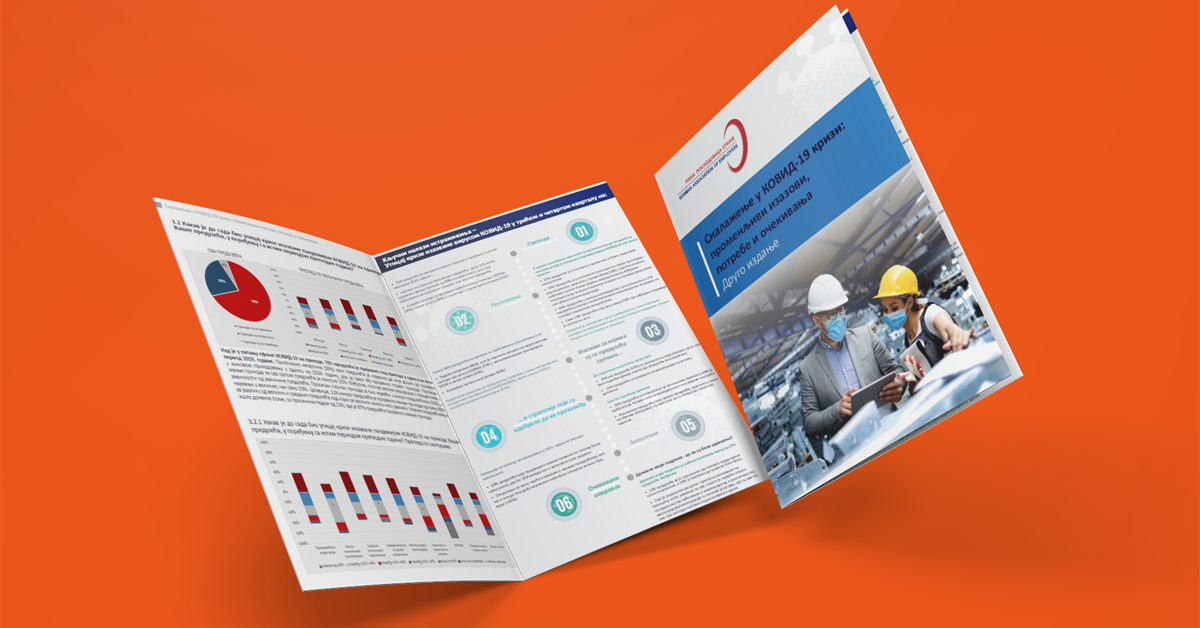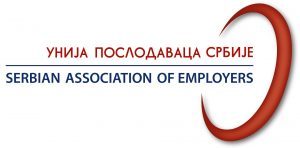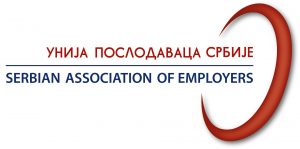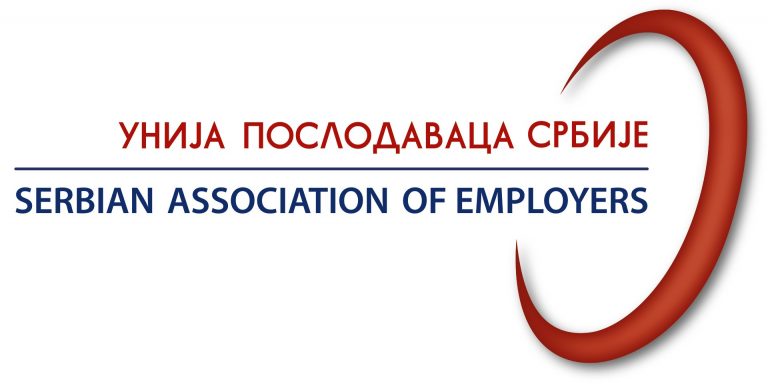
The crisis caused by the Covid-19 pandemic had a moderately negative effect on the activities of companies in Serbia. This is shown by the second round of company surveys, completed in early 2021, conducted by the Serbian Association of Employers (SAE) with the support of the International Labor Organization (ILO).
Almost 90% of the companies surveyed managed to operate during the emergency measures – more than half at full capacity, either at the employer’s premises or through teleworking or remote work.
The research summarizes the key findings of the survey and proposes a series of recommendations based on the most urgent needs of the company.
The sectoral analysis shows that the HORECA sector (hotels and restaurants) still remains most affected by the COVID–19 crisis as well as personal services (due to factors that vary from the measures that affected their ability to do business and whose effects are further deteriorated by their constant changes until consumer demand and purchasing power decline), similar for the duration of emergency measures, when they were unable to operate in their own premises.
70% of Serbian companies reported a decline in revenue compared to the same period in 2019.
The average income shortfall for all Serbian companies was 25%. However, there are large differences in percentages depending on the size of the company. The average revenue loss was the largest in micro-enterprises (31%) and the smallest in large ones, even just 20%. Moreover, as many as 11% of micro-enterprises reported an income shortfall of over 80%, in contrast to large and medium-sized enterprises, where such amounts did not occur. Small businesses did better to a certain extent, with an average decline of 21%, with 67% of businesses report a lack of income.
It was noticed that the productivity of employees in relation to the size of the company grows in proportion to the number of employees, so in larger companies there is a higher percentage productivity estimate.
There is, in fact, no large company that has reported a productivity drop, while 20% of them even noticed an increase. On the other hand, 58% of micro-enterprises reported a decrease in productivity, while the remaining 42% did not report any visible changes regarding the same topic.
Current set of measures against COVID-19 pandemic, taken by the Government of the Republic of Serbia, although welcomed by companies, have generally been too broad, targeting primarily SMEs regardless of sector. Of all respondents, 37% rated them as generally adequate, while 8% of employers said that the given set of measures saved their company. However, one third of all companies assessed the measures in a negative light, stating that the measures were completely inadequate and / or insufficient (10%), or that they could have been better (24%).
Most frequently used and most positively rated set of measures were 60% of the minimum net salary for each employee during a period of two months and the minimum net salary for each employee for a period of three months. Only one third of all companies did not use the delay in collecting tax receivables.
Serbian Association of Employers sent a proposal to the Government of Serbia for five new measures to help the economy in the conditions of the continued crisis due to the Covid-19 pandemic.
- Reduction of VAT for food and beverages to 10% for the hotel and hospitality sector. This sector is hardest hit by the pandemic, and all countries in the EU and the region have already introduced a reduced rate in this sector;
- Further delays in the payment of taxes and wage contributions, or their partial write-off for the small and medium-sized enterprise sector. The data indicate that these companies are yet to face the biggest hit by the crisis, because the business revenues are traditionally lowest at the beginning of the year;
- Suspension of the introduction of new taxes and duties at the national and local level;
- Continuation of the guarantee scheme for support to liquidity and investments for the SME sector, as well as the possibility of a renewed delay in the payment of liabilities to banks on the basis of loans and credit products;
- Compensation up to the full amount of the employee’s salary, which amounts to a maximum of 50% of the salary) in case the employer does not need an employee for full working time due to the reduced volume of work. This measure should apply to all companies.






No comment yet, add your voice below!